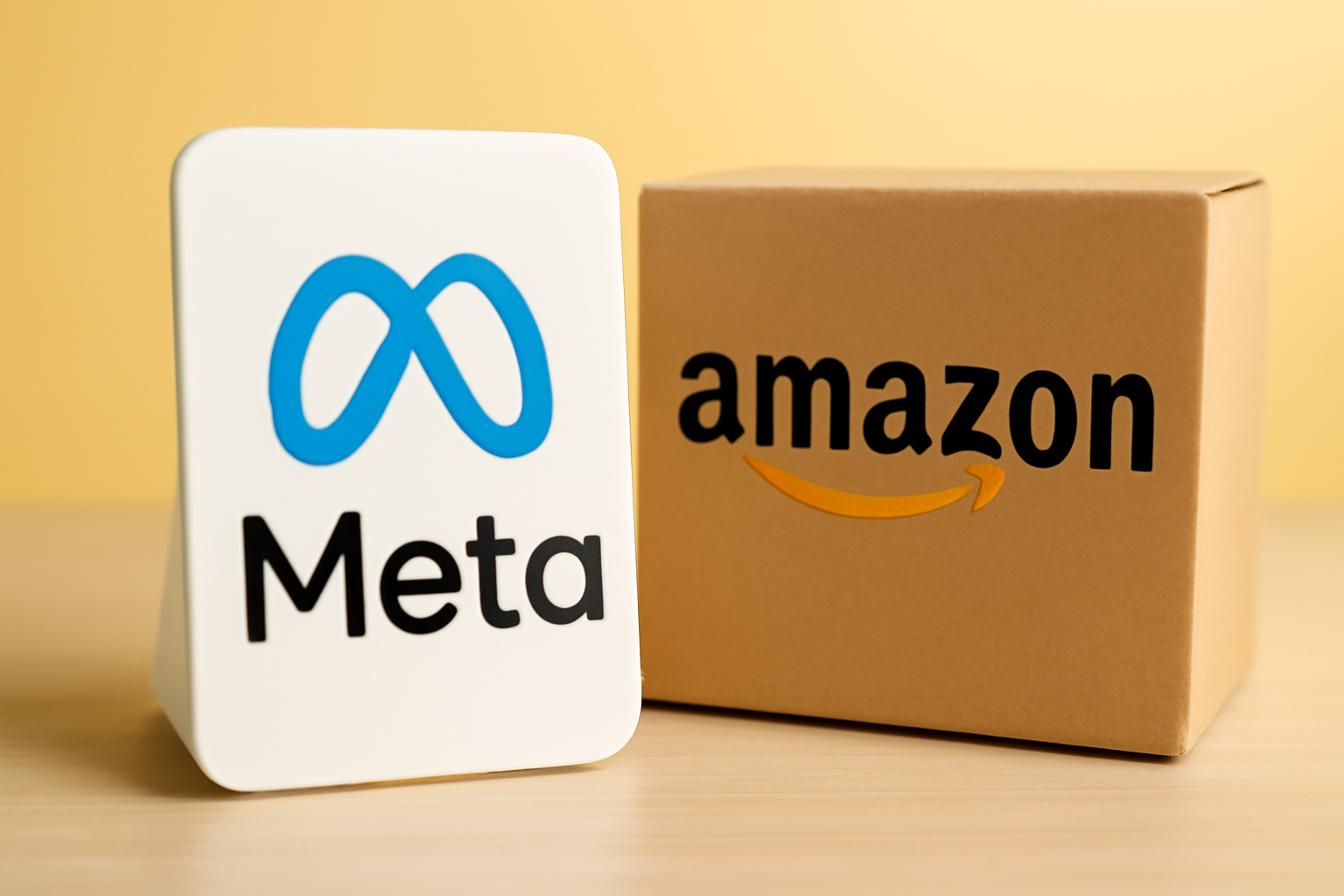
In recent developments, Meta and Amazon have announced significant reductions in their diversity, equity, and inclusion (DEI) initiatives as the political landscape shifts with the impending return of Donald Trump to the presidency. The move by these tech giants reflects broader changes in corporate policies concerning DEI, influenced by external pressures and changing leadership priorities.
Meta, the parent company of Facebook, Instagram, and Threads, has sparked widespread discussion following its decision to scale back DEI efforts. This announcement follows closely on the heels of CEO Mark Zuckerberg's declaration that the company's social media platforms would cease moderating conversations on sensitive topics such as immigration and gender. Additionally, Meta plans to end its independent fact-checking program, opting to implement a community notes system instead.
These policy shifts at Meta have raised concerns about the potential escalation of harmful speech online. Changes to the company’s hateful conduct policy could mean that derogatory terms and harmful stereotypes directed at LGBTQ+ individuals may see less moderation. In response, some LGBTQ+ employees have reportedly considered calling in sick, citing "mental health" issues due to the stress of these changes.
According to a memo first reported by Axios, Janelle Gale, Meta’s Vice President of Human Resources, stated that the decision to pivot away from traditional DEI initiatives was driven by "changes to the legal and policy landscape." Gale explained that the term DEI has become politically charged, sometimes perceived as prioritizing certain groups over others. Moving forward, Meta plans to emphasize bias mitigation training that applies universally, regardless of an individual's background.
In a parallel development, Amazon has also communicated to its employees about a shift in its DEI strategies. According to reports, the company has chosen to phase out "outdated programs and materials" related to DEI. Candi Castleberry, Vice President of Inclusive Experiences and Technology at Amazon, emphasized the company’s commitment to fostering a truly inclusive culture through programs with "proven outcomes" rather than fragmented group-specific initiatives.
This trend of corporations re-evaluating their DEI strategies is not confined to Meta and Amazon. Several other prominent companies, including Walmart, Ford, Lowe’s, Harley-Davidson, and Jack Daniel’s, have also announced cutbacks on DEI-related initiatives. These changes appear to be in response to a concerted conservative campaign against what they describe as "woke" corporate policies.
The Impact of Political Influences on Corporate Policies
Notably, conservative commentator Robby Starbuck has been vocal about his efforts to target DEI programs at major corporations. He claimed to have warned Meta several months ago that it was a target for future action. Starbuck has similarly issued warnings to Amazon, indicating that the company’s recent announcements are a direct response to such pressures.
Despite these public declarations, the specifics of how Amazon plans to alter its DEI policies remain unclear as the company has not disclosed detailed changes. Starbuck has suggested that if Amazon fails to clarify its new strategies, he will proceed with a report outlining what he perceives as "woke" policies and their shortcomings.
The rollback of DEI initiatives by these tech giants has drawn criticism from various quarters. Tech journalist and author Kara Swisher commented on Meta’s decision, describing Zuckerberg’s move as "cynical" and suggesting it is a strategy to align more closely with Donald Trump and mirror the approach of Elon Musk in navigating the current political climate.
The decisions by Meta and Amazon raise important questions about the future of corporate DEI programs and their role in promoting diverse and inclusive workplaces. As the political environment continues to evolve, companies may find themselves balancing between external pressures and their internal commitments to fostering inclusive cultures.
What are your thoughts on these developments? We invite our community to share their perspectives in the comments below. Let’s keep the dialogue respectful and constructive as we navigate these complex issues together.
Stay tuned for further updates as we continue to monitor how these policy changes unfold and their implications for the LGBTQ+ community and corporate culture at large.
Related Posts
Kelly Clarkson Delights Fans with Playful Cover and Queer-Friendly Vibes
Kelly Clarkson charms with a fun song cover Kelly Clarkson, who we've come love as both an incredible singer and host on her daytime talk show, recently won over fans with a delightful performance on her Kellyoke segment. She's famous now not just as an artist but also as a masterful cover performer, and this time she chose a classic that really resonated with her LGBTQ+ fans. Lately, Clarkson's [...]
Trump Inaugurated as 47th President Amid Concerns for LGBTQ+ Community
Donald Trump has been sworn in as President once again, marking his second term as America's 47th leader. This significant event in U.S. politics promises profound impacts, especially concerning LGBTQ+ rights. Taking office: promises and challenges Amidst a harsh winter storm, Trump took his oath indoors at U.S. Capitol on January 20. Alongside him, Vice-President JD Vance also stepped up, both [...]
Daniel Craig's "Queer" Overlooked by BAFTA: A Surprising Omission
Daniel Craig's film, Queer, snubbed by BAFTAs despite rave reviews In a surprising twist, Daniel Craig's newest film, *Queer*, failed completely on BAFTA's nomination list this year. It's a head-scratcher, considering how critics have sung its praises and Craig delivered such a standout performance. Yet, not a single nod from BAFTA. Go figure. fans and critics baffled by BAFTA snub The exclusio [...]